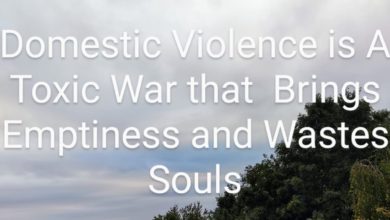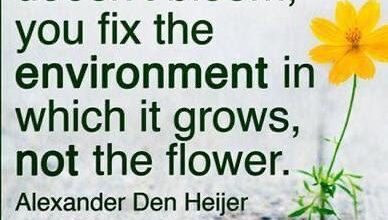The African Migrant Woman in Germany : Often Misunderstood & The Overlooked Realities
My research focuses on how the African migrant living in Germany has been generally misunderstood, and the overlooked realities and truths.
We Are Not A Monolith: Too often, African women are treated as if we are all the same. But “Africa” is not a single identity but a continent. Africans are a constellation of cultures, languages, faiths, and philosophies. What one woman from Kenya navigates in her healing journey may differ drastically from what a woman from Nigeria or Somalia faces. Yet in many discussions, we are flattened into one stereotype. We are looked upon either as helpless victims or strong women who can handle anything (including abuse). The reality is that even when we come from one country, we are not one story. We are many voices, each worthy to be handled with dignity, heard in their full complexity.
Silence Does Not Mean Consent: I have heard this statement too often: “If she did not report the abuse to the authorities, it can not be that serious”.What is missing here is understanding what silence means in our context. For many African migrant women, silence is not acceptance. Silence is a survival strategy. Silence is Fear. Silence is a protection tactic. It is the FEAR of being deported, of losing her children, of shame in the community and of being isolated. More tragically, the Fear of not being believed. The reality is that silence is not a sign that nothing happened. It is often the first language of trauma.
The System Is There -But Not For Everyone: Germany has laws and systems to protect women. But those systems often assume you speak fluent German, trust the police, have legal residency, and are not afraid of authority. This is not the case for many migrant women. Services can feel foreign, hostile, or even dangerous when you don’t know your rights, or your residency status in the country depends on your partner. Legal protection then becomes a privilege, not a guarantee. We need systems that see us, not just our case files.
Community Pressure Is Real: Family and community honour still carry enormous weight in African communities. A woman who speaks up is often seen as a traitor; not just to her husband but to her culture.”Do not wash your dirty linen in public” is a serious command, not a proverb. So many women stay in abusive homes, not because they want to, but they fear being cast out of the community they have in a foreign land.”Healing should not require Exile”
Trauma Has Many Faces: Some people expect survivors to cry, break down, or fit in a neat version of what trauma”should ” look like. But African women have been taught-by history, by culture, by migration-to carry pain with dignity. Faith, music, silence, and work are often used as shields. That does not mean the wounds are not there; the scars are buried deeper. Do not mistake composure for peace. Sometimes it is the only thing holding us together.
Migration Multiplies Vulnerability: Being an African migrant already puts a woman at the mercy of immigration laws, housing shortages, economic dependency, and social isolation. Add gender-based violence to that, and the danger becomes not just personal, but systematic. Note: We are not only fighting potential abusers, but also fighting to belong, be safe and to be seen in a land that often sees us last.




